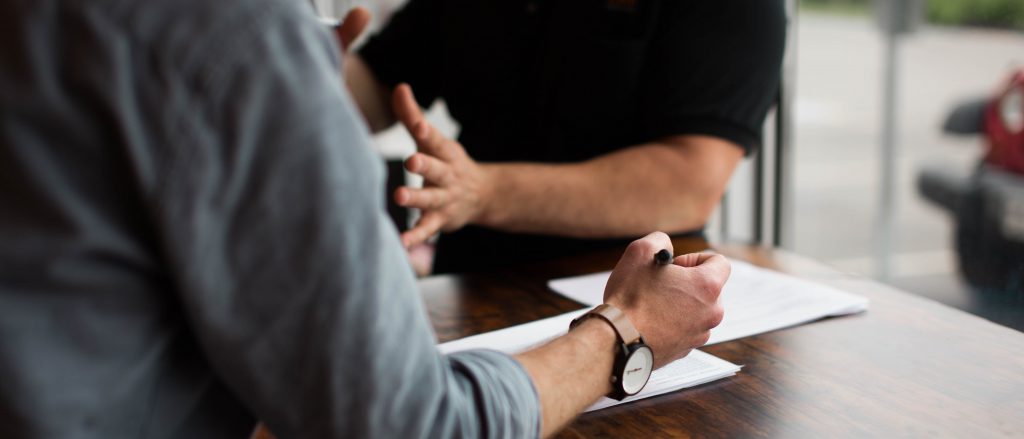Plan your breaks, before you break.
The science is clear: professionals who factor in micro, mini and longer breaks ahead of time not only feel better but also perform and stay at their peak, and are more successful. In Boston Consulting Group’s enviable high-performing culture, HBR 2009 showed the benefits of such planned and predictable breaks as:
- 42% increased team collaboration
- 32% increased psychological safety, in terms of speaking up and expressing opinions
- 28% increase in team performance
- 30% increase in work-life balance satisfaction.
Don’t feel guilty about factoring in time for you.
When you’re relaxing (similarly to when you’re asleep), your brain most certainly isn’t doing nada – it’s working very hard and doing an essential job – clearing out accumulated ‘cerebral congestion’. Your brain’s ‘Default Mode Network’ is beavering away behind the scenes diffusing issues at a subconscious level, integrating information from multiple brain regions and in more complex ways than when it’s solely focussed on work.
To help maintain laser focus and maintain good brain health, your brain needs ‘frequent, short and pre-emptive downtime’ breaks.
Here comes the science! 4 of the latest findings about taking a break.
- Take a regular lunchbreak. Our brains are most fatigued and in need of tuning out at 2-3pm every afternoon. It’s not a coincidence that Facebook soars to peak usage at this very same time, but sorry – we hate to break it to you – social media simply adds more cerebral congestion. Instead, for better brain health consider committing to a ‘short but proper and pre-emptive’ lunch break. A trial of 300 people with emotionally demanding jobs found that taking a regular 15-minute lunchbreak (yes, only 15 minutes) reported improved sleep quality and an array of other benefits.
- Step away from your desk. There’s a catch to the 15-minute lunch break benefit – you can’t take this break at your desk. Studies show eating at your desk is detrimental to both physical and mental health. When you eat at your desk, you feel hungrier and consume more calories than when you intersperse your day with brief breaks.
- Get up to improve your mood. Having a lunchbreak away from your desk reduces your risk of depression by 30% (British Heart Foundation). The Vitamin D boost you receive from a quick burst of sunshine during a walk around the block slashes your risk of depression and anxiety (British Journal of Psychiatry).
- Break often for higher productivity. Brief and planned diversions are a good thing. For optimum productivity, it’s recommended you take 2 short breaks during a 50-minute task if you want to optimise your concentration levels and ability to focus.
Is your brain the boss of you?
When your brain stops paying attention to the right things, you’re experiencing TUTs – Task Unrelated Thoughts. The issue isn’t that you lose attention – after all, you’re always paying attention to something. It’s more a matter of whether your attention is focussed on the right something. Are you choosing to direct your attention, or is your mind wandering wherever it wants?
If you catch yourself drifting in a meeting, eyes glazing over during a presentation or staring at a screen mindlessly, it’s likely your mind has stopped treating these events as meaningful stimuli. Your brain is failing to resist habituation, leading to a loss of vigilance and declining focus.
What’s the answer? Yup, you guessed it – planning regular and brief timeouts for your brain. Dwindling attention is NOT inevitable – it’s not about the exhaustion of attention but loss of control over your thought processes. Your ability to exercise purposeful, executive control over something is key to maintaining your energy, focus and productivity.
The benefits of brief, planned breaks include:
- Replenishing your energy
- Improving self-control
- Improving your decision-making
- Fuelling productivity & work quality
- Heightening attention
- Increasing creativity.
15 minutes is just the beginning.
Of course, you also need longer breaks than 15 minutes, so in addition to planning these micro breaks into your schedule, we suggest one of the first things you do when you start back to work this year is look at making your time off more predictable.
Set boundaries on a daily/weekly basis and over the course of the year. Plan in your minibreaks, time with family and friends, important events and your annual leave now (no, it’s not too soon).
What are you waiting for? Start booking those breaks today – short ones, long ones, fun ones, boring ones, active ones, idle ones – just get them in your schedule.




